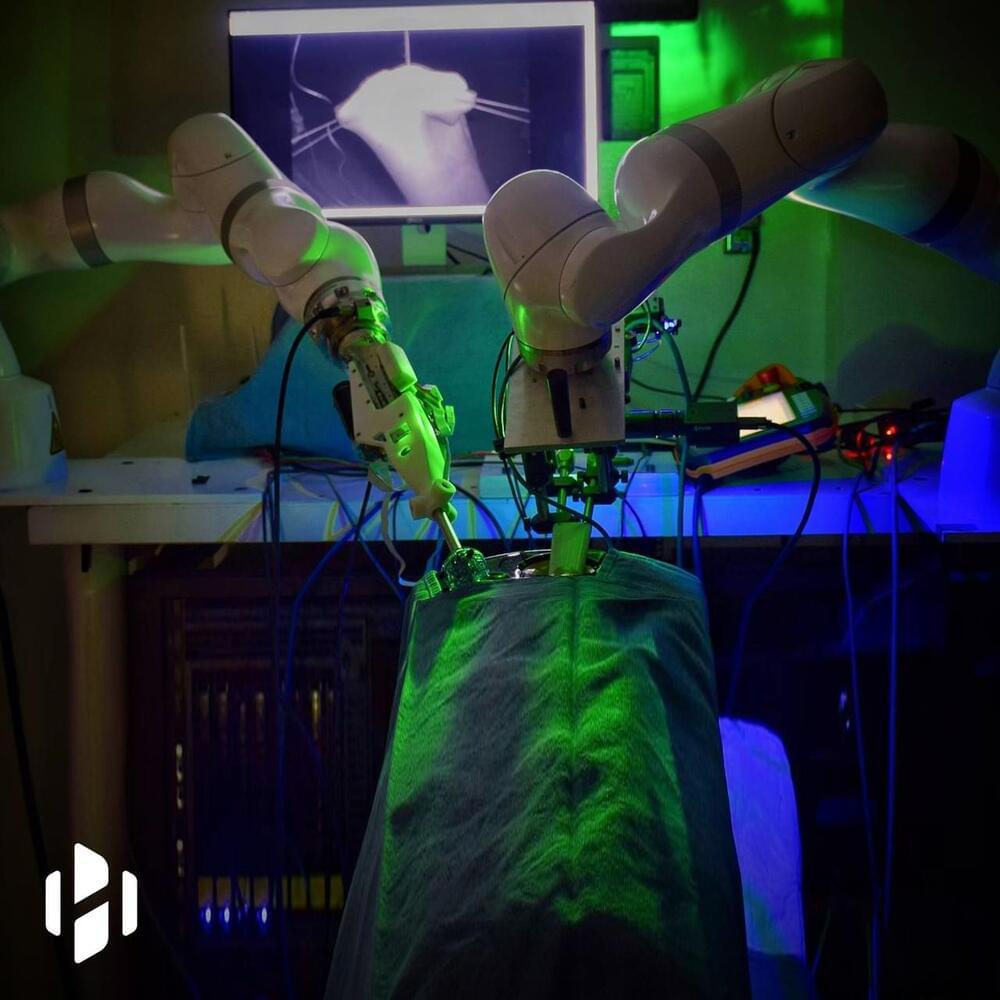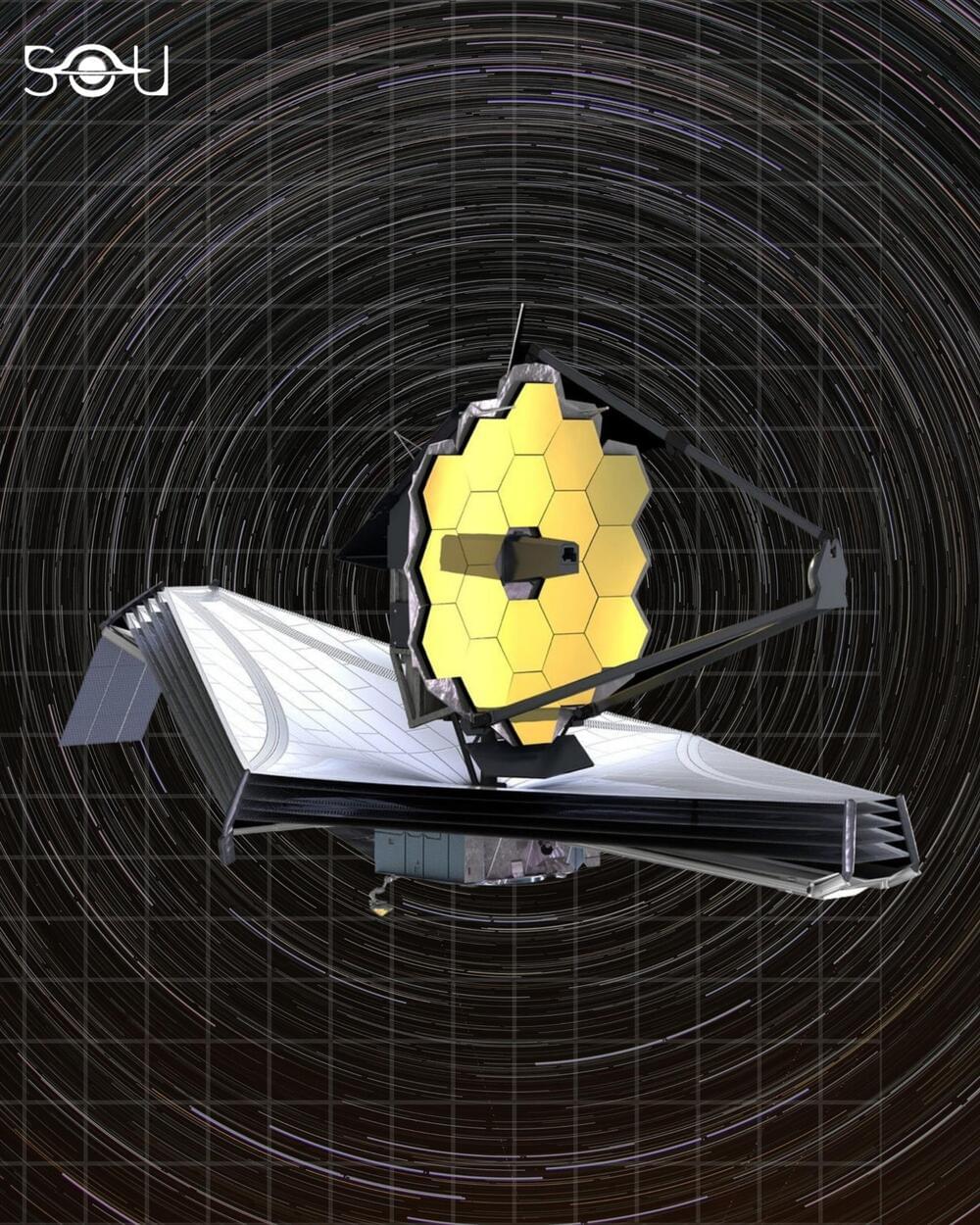Amazon’s new stores eliminate the cashier.
A new algorithm for underwater photography makes marine life appear as clear as it would on land, and it’s helping scientists understand the ocean better.
No more endless password entries.
Apple’s iOS 15.4 beta adds a long-awaited feature to unlock your phone with Face ID while wearing a face mask. The new feature works incredibly well, though it’ll still fail sometimes. But it’s much better than having to enter in your password every time.









